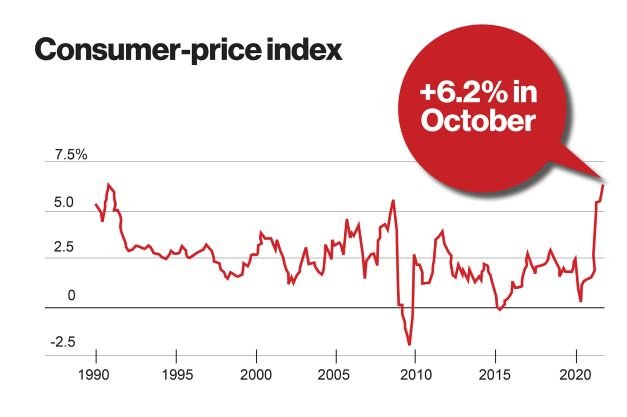Is “Zero Inbox” Possible? Is it even Real?
With more of our lives connected digitally, the notion of decluttering our email seems almost impossible. Our emails are a gateway to everything in our lives. It’s not just how we communicate with customers, clients, and other businesses. Our emails become a trove of social media reminders, evites from family and friends, fantasy football updates, and holiday promos from that clothing store from which you bought a jacket for your wife last Christmas.
Merlin Mann is the self-proclaimed “productivity guru” who coined the phrase “Zero Inbox.” The idea went viral and prompted people all over the business world to start thinning the ever-growing crowded space that is their inbox. In short, people took the phrase “zero” a little too seriously. The idea of an empty inbox was almost too good to be true.
But in a world where we’re connected 24 hours a day, seven days a week, this seems unmanageable. We get too many messages on too many mediums: personal email, business email, social media direct messages, Slack, and even text messages from co-workers, colleagues, and associates.
Even Mann says the idea of Zero Inbox has inherent flaws. After all, it’s impossible to just swipe our slate clean. Many of our correspondences are important: They contain dates and critical information; They contain invoices and banking information. The real priority of Zero Inbox, then, is to make the distinction between what is important and what is not, and to tend to those emails accordingly.
The actual goal of Zero Inbox is not about deleting everything. It’s about managing the time we spend each day in our inbox. Zero Inbox, according to Mann himself, was never about finding a way to get to zero as much as it was finding a way to ensure we’re maximizing our time and energy elsewhere rather than simply spending our days navigating an endless stream of incoming information. Mann was suggesting we get to the point where it takes no time to use our emails.
The underlying ideal was to find a way to leave nothing unattended to in our inbox. In other words, take action on everything, which distills nicely down into five categories:
Delete: Unimportant stuff. Don’t put off deleting these emails.
Delegate: Pass this along to the appropriate party.
Respond: This self-explanatory action is critical. Let the person know you’re planning to take action, thank them for the correspondence, or inform them of the next step.
Defer: This doesn’t mean simply ignore (that would be the opposite of Zero Inbox). It simply suggests to hold off until action can be taken when you have time.
Do: Complete this manageable task. If something takes 15 minutes, no need to put it off. Do it now.
From a management standpoint, it is important to remember that we shouldn’t take Zero Inbox too literally. There’s no way to achieve an inbox that’s clear from everything. The moment you hit that final delete button, you just know there’s an email coming from that pizzeria offering a 15% coupon.


